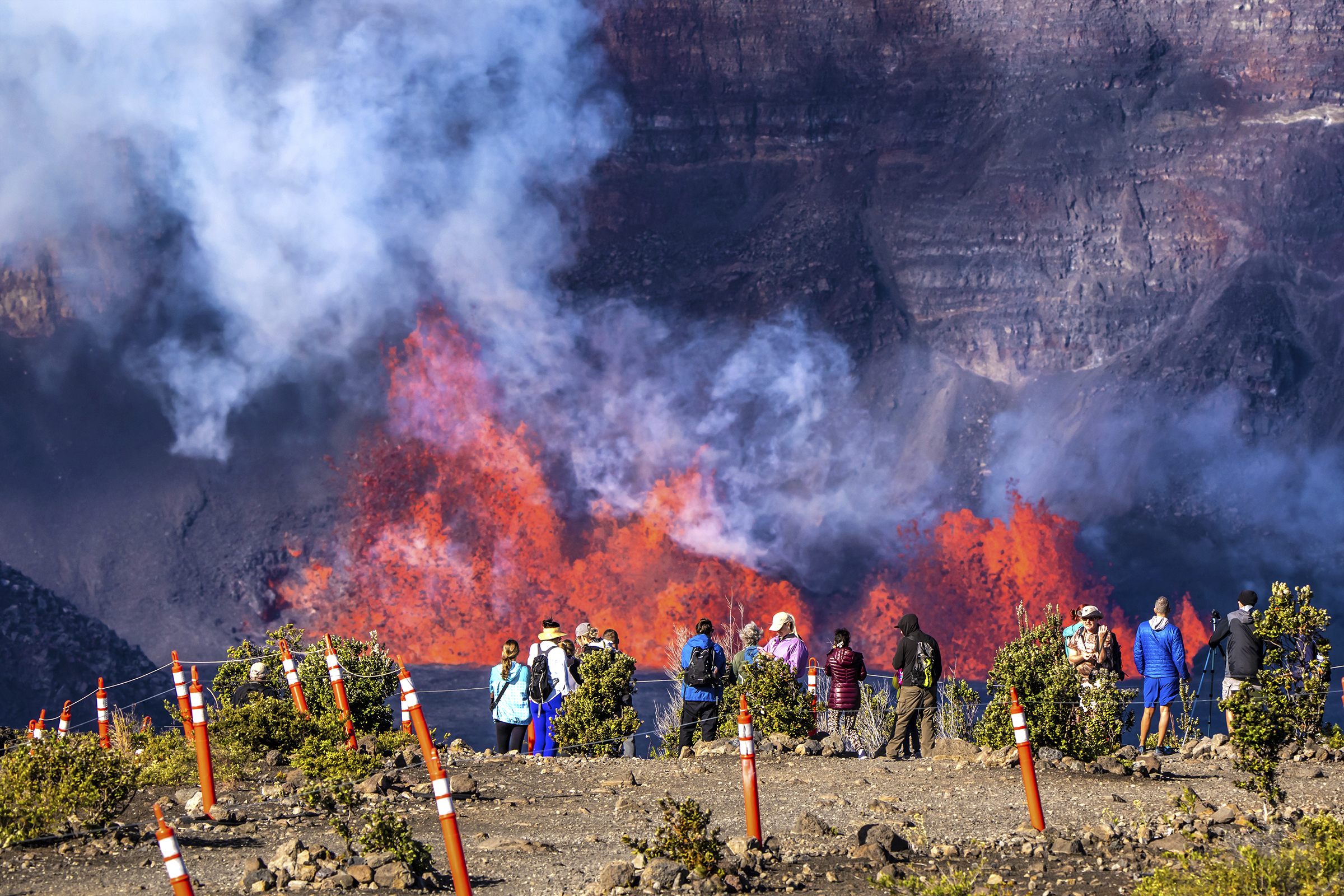There are plenty of candy related fears on Halloween — choking! allergies! drugs! — but is the latter really worth worrying about?
Are there actually dealers on every corner waiting to give away expensive drugs in the hope that they'll hook 9-year-olds dressed up as Mario and Luigi?
To be fair, concern rose in October 2022 after the Los Angeles Sheriff’s Department seized 12,000 presumed fentanyl pills at the airport. The colorful pills had been stashed inside Skittles, Whoppers and SweeTARTS boxes and bags.
Following that incident, Drug Enforcement Administration representative Anne Milgram told NBC News that although parents should be worried about their kids’ exposure to illegal substances in general, they should not feel that the threat level increases at Halloween.
Get Tri-state area news delivered to your inbox.> Sign up for NBC New York's News Headlines newsletter.
"This type of concern comes up regularly and for understandable reasons," explains Linda Richter, senior vice president of prevention research and analysis for Partnership to End Addiction. "But stories or suspicions of Halloween candy being contaminated or poisoned with drugs, or of individuals purposefully handing out drugs masked in candy packaging, are not well founded and have largely been debunked."
Though the thought of exposing kids to drugs can keep parents up at night, Richter gives TODAY.com several logistical reasons why distributing drugs without collecting payment wouldn't necessarily make good business sense.
"People who sell drugs illegally want to make a profit, not hand out free drugs to children. Even those who have nefarious intentions wouldn’t want to attract the inevitable attention and criminal prosecution that would result from doing that," she says. "Although the possibility of this happening may not be zero, it’s not something parents should be concerned about on Halloween."
U.S. & World
Parents should be having “open and honest conversations” about drugs with their kids, helping them formulate an "exit strategy" if they are offered unfamiliar substances. If you're not sure how to begin a conversation with your children, Partnership to End Addiction has an age-by-age guide to get you started.
Richter points out that there is a much higher threat of children accessing harmful substances in their own home — or in the homes of family and friends — than there is of a stranger handing them packets of illegal drugs at Halloween.
"Parents should be having regular age-appropriate conversations with their children about the risks of taking any pill that wasn’t prescribed for them by their own doctor or given to them by their own parents or caregivers," says Richter.
This story first appeared on TODAY.com. More from TODAY:



